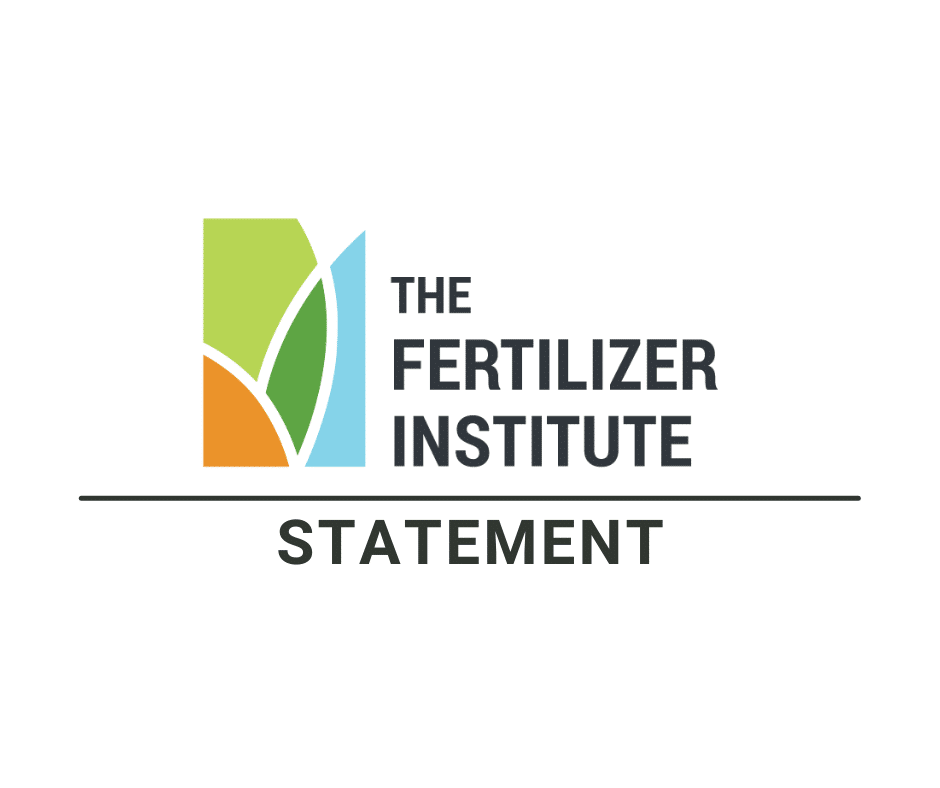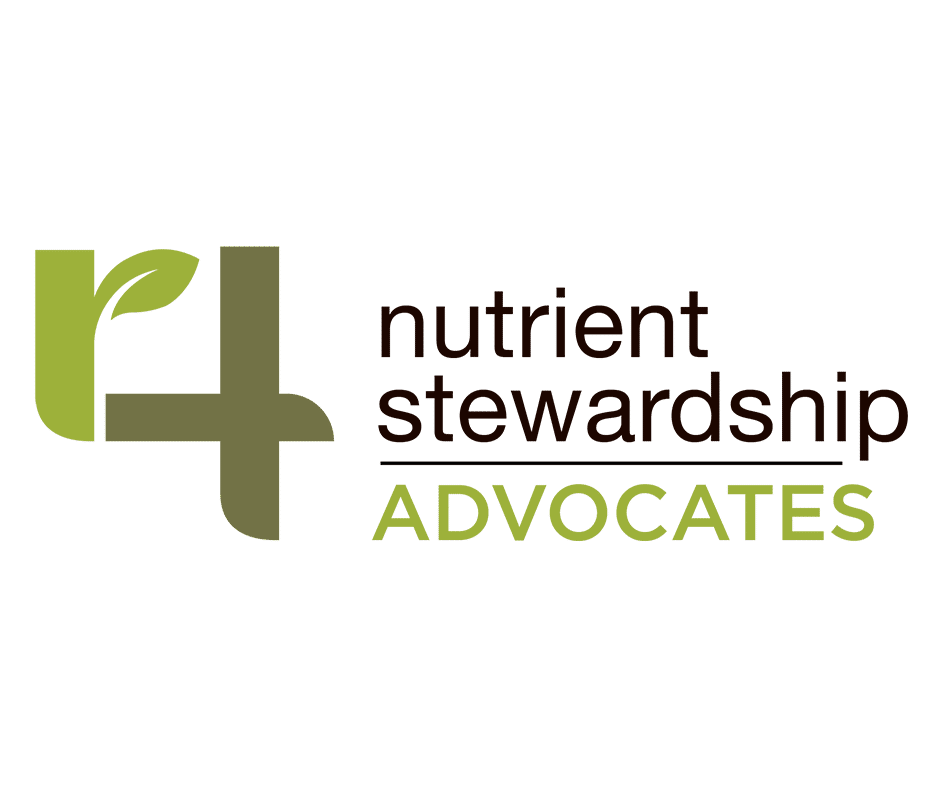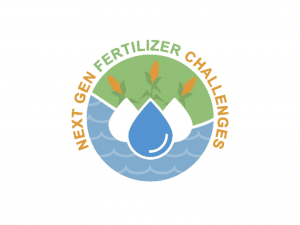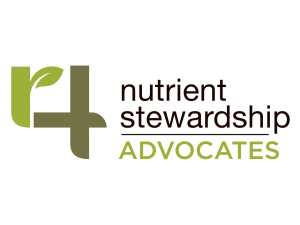TFI Submits Comments on WOTUS, Urges Delay Until Pivotal SCOTUS Ruling

ARLINGTON, VA – The Fertilizer Institute (TFI) this week submitted comments to the Environmental Protection Agency (EPA) and the U.S. Army Corps of Engineers regarding a proposed revised definition of “Waters of the United States” (WOTUS).
“TFI members have a strong interest in ensuring that the definition of WOTUS, which governs the reach of federal regulatory authority under the CWA, is clearly defined and consistently implemented across the nation,” said TFI President & CEO Corey Rosenbusch. “Many of our member companies must plan years in advance to obtain all necessary permits in accordance with the Act. Their operations therefore depend on regulatory certainty and predictability.”
TFI strongly supported the Navigable Waters Protection Rule (NWPR) because of the certainty and predictability it provided to the fertilizer industry but was disappointed by the agencies’ decision to stop implementing the rule nationwide following a ruling by a judge in Arizona. Equally disappointing to the fertilizer industry was the agencies’ decision to propose a formal repeal of the NWPR and codify a case-by-case framework for determining jurisdiction of non-navigable waters that the agencies and nearly all other stakeholders previously agreed was unworkable.
Complicating matters further is a pending U.S. Supreme Court ruling to determine whether Justice Kennedy’s “significant nexus” is the proper test for asserting jurisdiction over wetlands that are adjacent to tributaries of “waters of the U.S.”
“The agencies should postpone all rulemaking proceedings until after an opinion has been issued on this case to reduce duplicated efforts on behalf of the agencies and stakeholder communities, reduce regulatory whiplash, and increase the chances of a final definition being sustainable,” Rosenbusch continued.
TFI is not alone in requesting a delay in agency rulemaking on WOTUS until the Supreme Court has issued their ruling. A letter led by Senator John Thune (R-SD) urging the EPA and USACE to stop the rulemaking process until a Supreme Court ruling garnered the signature of all fifty republican Senators and was sent to agency heads on Thursday, February 3rd.
“TFI recommends the agencies withdraw the Proposed Rule because it impermissibly strips the term “navigation” of any meaning. The NWPR’s definition should be used as the foundation for a durable definition,” Rosenbusch concluded. “And if the Proposed Rule is not withdrawn, at a minimum they should pause the current rulemaking effort until the Supreme Court rules on which test is most appropriate for determining the definition.”
TFI’s full comments can be found here.
###
The Fertilizer Institute (TFI) is the leading voice of the nation’s fertilizer industry. Tracing its roots back to 1883, TFI’s membership includes fertilizer producers, wholesalers, retailers and trading firms. TFI’s full-time staff, based in Washington, D.C., serves its members through legislative, educational, technical, economic information and public communication programs. Find more information about TFI online at TFI.org and follow us on Twitter at @Fertilizer_Inst. Learn more about TFI’s nutrient stewardship initiatives at nutrientstewardship.org and on Twitter at @4rnutrients.








